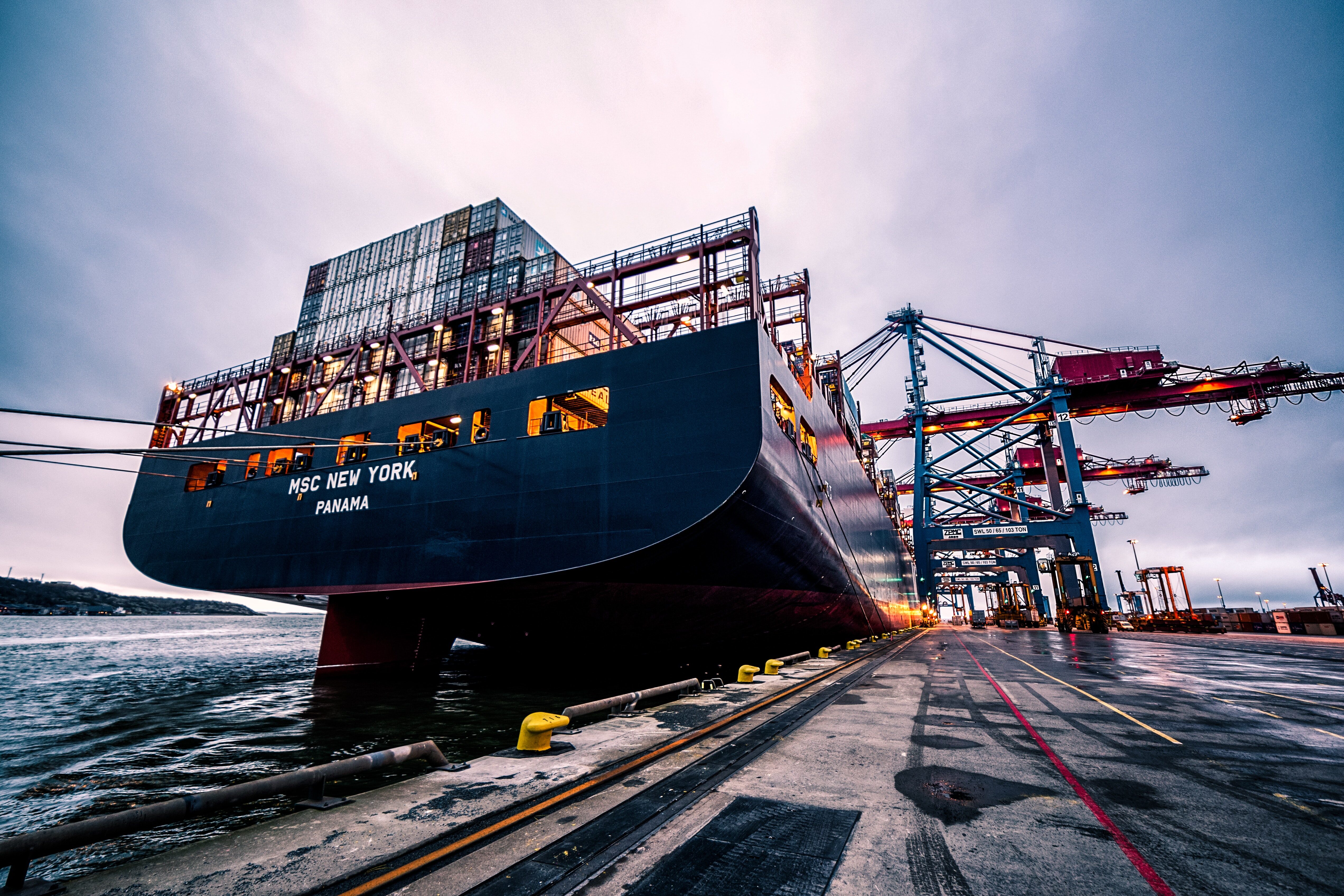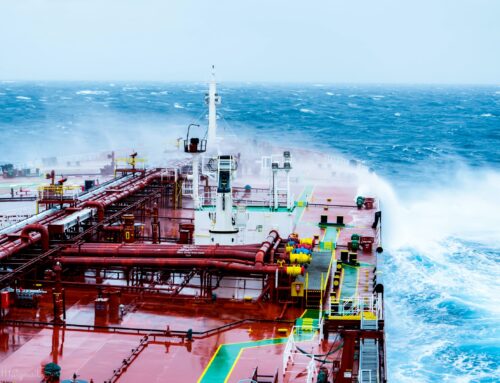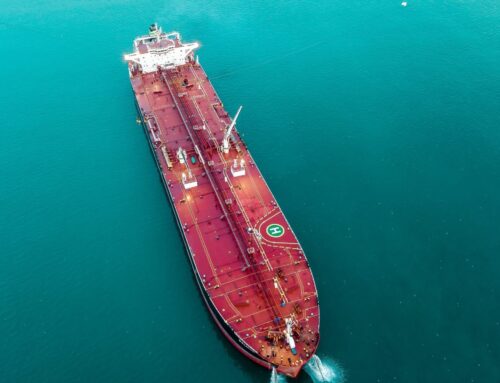Like the maritime sector, maritime crime has become evermore complex. Read here for a short conclusion on the challenges that the maritime sector faces in tackling it, and how working together is becoming even more essential.
‘The maritime domain is no longer a great barrier protecting nations – now it’s a bridge between continents and countries – no one nation alone can ensure the security of cargo and ship movement… we need the relevant public authorities and actors of the maritime domain and supply chain to cooperate.’
– Yoss LeClerc
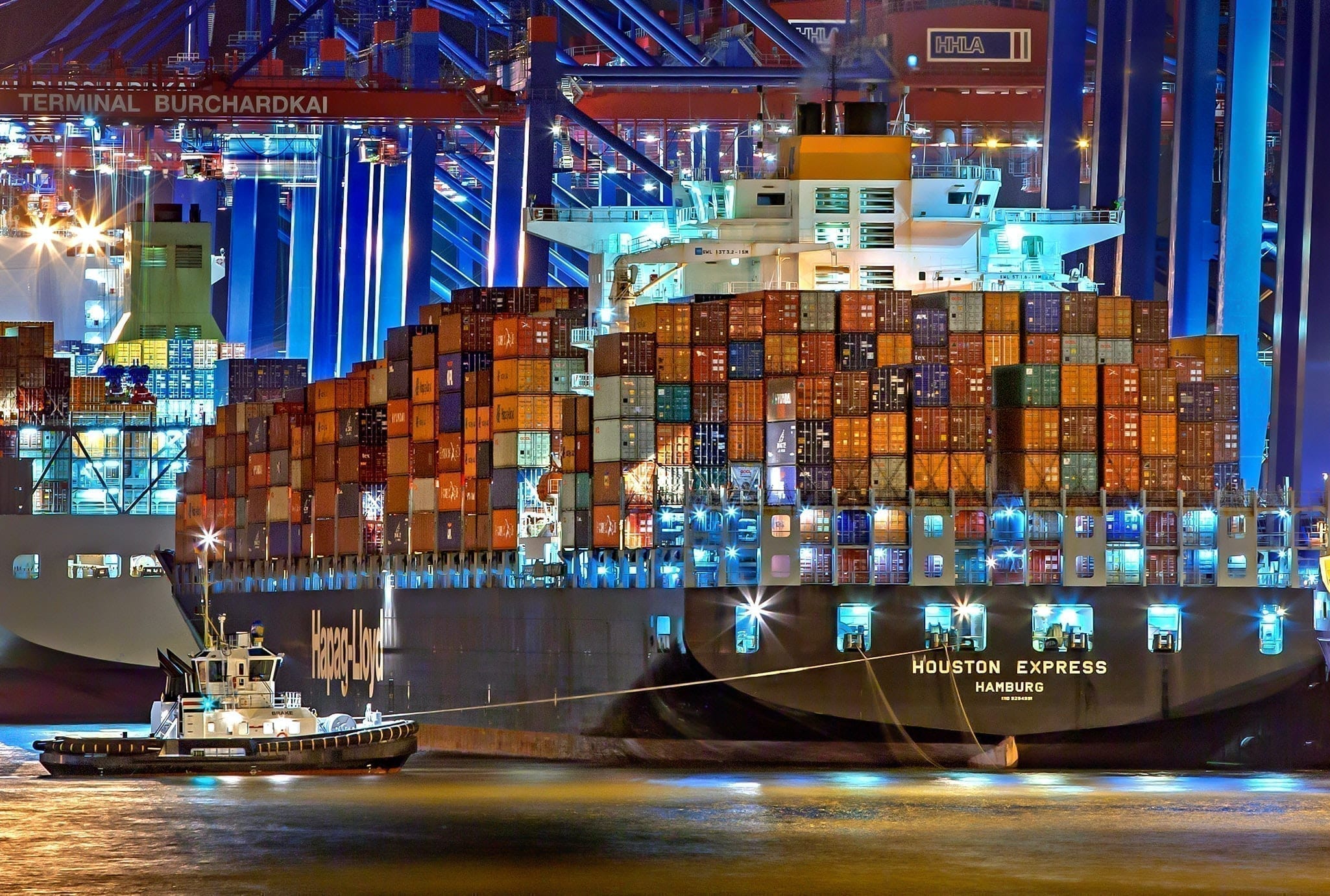
Have you read about any of our alliances? We offer bespoke online platforms for CSOs, PFSOs, and CISOs respectively to work with their fellow security officers in the industry. Find out about our Alliances here.
During the 45-minute session, discussion focussed on the issues faced in tackling the modern challenges of maritime crime. In sum, the following discussions arose:
- Ultimately, piracy has been a persistent issue in the maritime industry, but its conduct and tactics have rapidly evolved, with an overall 40% increase in piracy and kidnapping.
- Regulation is a means towards building a better and greater approach in tackling crime. However, there are divergent issues, with questions posed such as:
- Can regulations and legal frameworks be used to foster greater trust between various bodies?
- Are current regulations a case of minimum standards, or should they be viewed as a dynamic process to help groups raise standards collectively?
- Are we only as good as the weakest link in security?
- The maritime sector, and by consequence maritime criminal activity, is becoming far more complex and sophisticated. There is a greater need to anticipate potential threats of the future and collaborate.
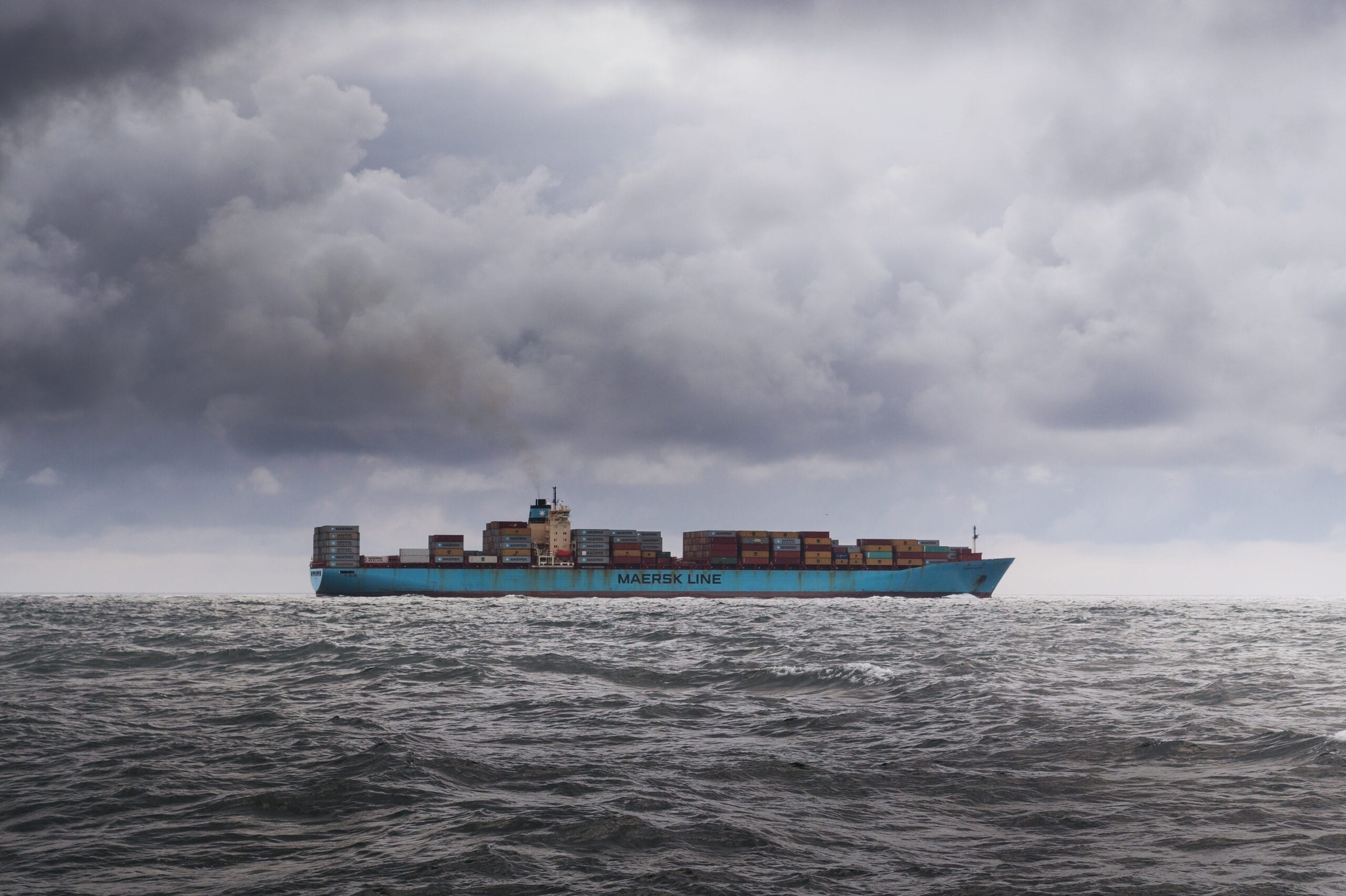
Maritime constituents share the same problem of maritime crime, and its ever-evolving threat, but have yet to collaborate properly.
As Joroen highlights, with particular reference to governments:
‘All organisations from all corners [of the world] need to start speaking the same language. We tend to be talking the same thing but not understanding one another. We need to convince the government about the necessity of shipping. We need to show how important shipping is to the very life that citizens take for granted. Ships must be viewed as key workers. If ships stopped, half the world would freeze to death and half the world would starve to death.’
Joroen Van Overloop

